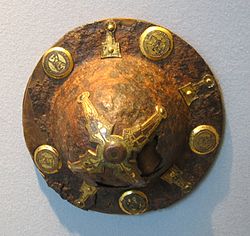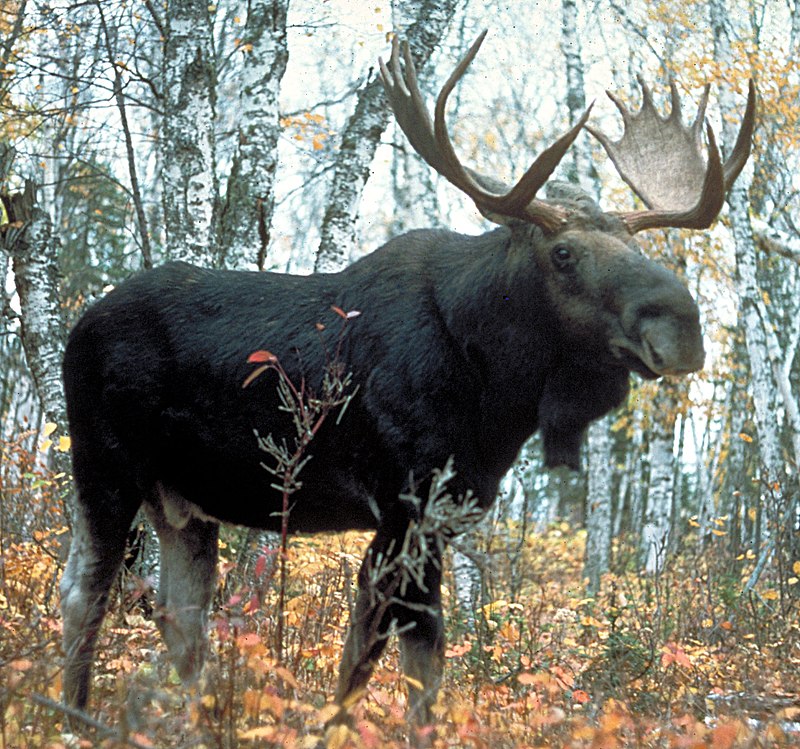Gaulish buððutton 'spindle; penis'1 is attested on the spindle whorl Gallo-Latin inscription Moni gnatha gabi buððutton imon 'Come, girl, take my penis'2. The word must have designated the instrument itself and then applied to the male organ in a metaphoric way. Basque buztan 'tail; penis' is presumably a Celtic loanword, probably from Gaulish itself.
From this and other Insular Celtic words (Old Irish bot 'penis, tail', Middle Welsh both 'umbo, shield boss'), Matasović reconstructs a Celtic protoform *buzdo- 'tail'3, supposedly derived from IE *gwozdo- (Germanic *kwast(j)ō 'bunch of branches', Albanian gjeth 'leaf, foliage', Slavic *xvost 'tail'4), assuming the original meaning was 'to sprout'.
On the other hand,
English button is a loanword from Old French boton (modern bouton)
'bud; button; pimple, spot', itself from Late Latin *buttōne-, usualy
regarded as a Germanic borrowing, but IMHO actually from Gaulish, which would
be also the source of Germanic *buddōn 'bud'.
________________________________________________________________
1 X. Delamarre (2008): Dictionnaire de la langue gauloise, p. 92-93.
2 W. Meid (1994): Gaulish Inscriptions, translates the Gaulish word as 'kiss', cfr. bussu- 'lip'.
2 W. Meid (1994): Gaulish Inscriptions, translates the Gaulish word as 'kiss', cfr. bussu- 'lip'.
3 R. Matasović (2009): Etymological dictionary of Proto-Celtic, p. 85-86.
4 Conflated by Vassmer to *gvozdis 'nail'.
4 Conflated by Vassmer to *gvozdis 'nail'.









